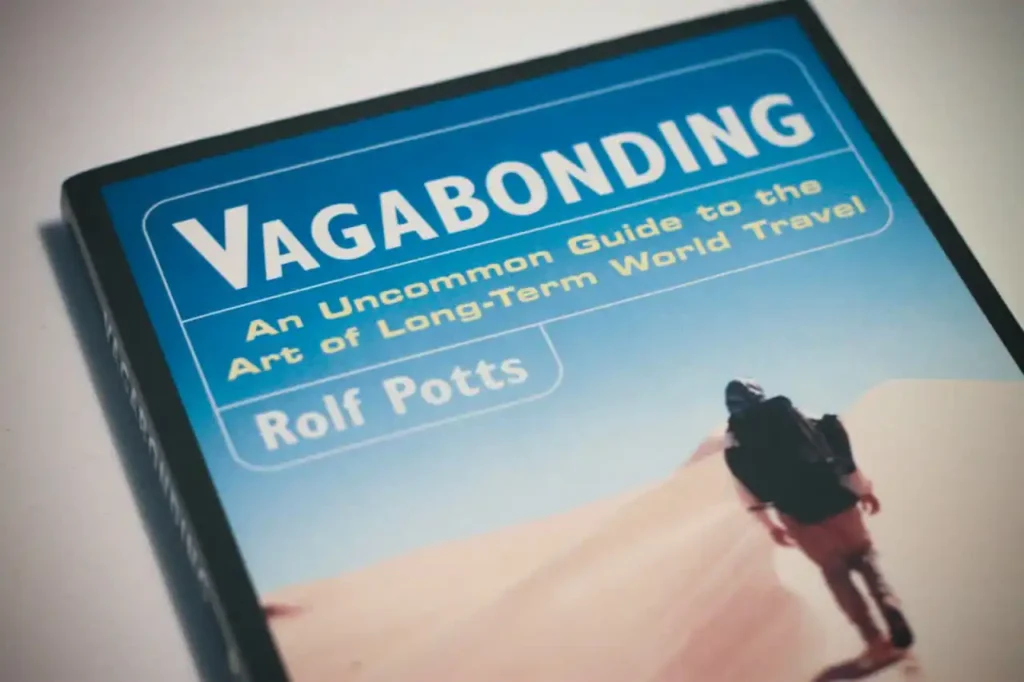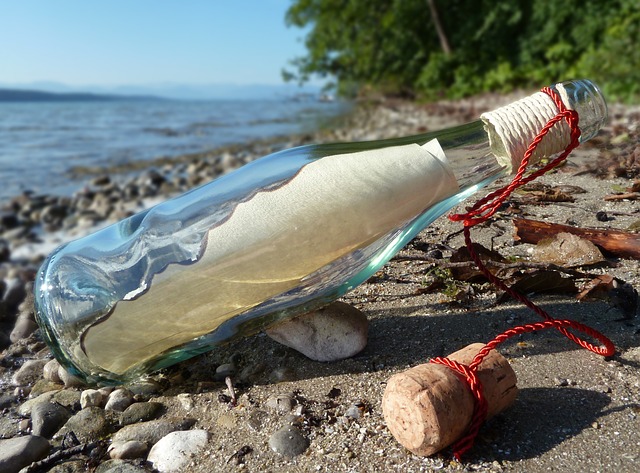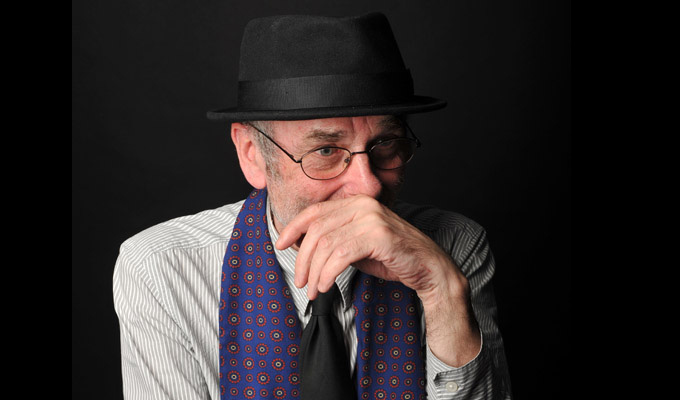Fickle

I’ve been re-reading Vagabonding by Rolf Potts for no particular reason. Just as I remember, it’s full of curious wisdom.
He quotes a mid-century naturalist called Edwin Way Teale:
Freedom … seems more rare, more difficult to attain, more remote with each new generation.
then Potts comments that
Teale’s lament for the deterioration of personal freedom was just as hollow a generalization in 1956 as it is now. As John Muir was well aware, vagabonding has never been regulated by the fickle public definition of lifestyle. Rather, it has always been a private choice within a society that is constantly urging us to do otherwise.
Reluctant as I am to completely divorce the individual from society in my writing, I rarely say anything as untempered or full-frontal as that.
Potts is right. It’s elementary Escapology and it must not be forgotten. The world might demand that we go to work, own or rent some bricks and mortar, perform certain duties, behave certain ways. But we don’t have to do any of it. We can’t be controlled to that extent. You can still, after everything, walk away.
*
The June of New Escapologist is available to pre-order at our online shop.
So You Want to Be a Nomad

So you want to be a nomad. Or maybe you’re already a nomad but interested in trying out a different transient lifestyle. There are lots of different ways to live a nomad life these days, from workcamping to sailing, but if you’re trying to decide how you want to travel full-time, it can be hard to decide which style will suit you best.
Two of the most popular full-time travel styles for Americans are international backpacking (traveling from country to country, staying in short-term accommodations or rentals à la digital nomads) or RVing (in a wide variety of vehicles) across North America.
From my own personal experiences of backpacking over many years and full-time RVing in the U.S for over two years, both offer unique experiences and cater to different preferences. Let’s break it down: the perks and quirks of each option!
This is from a lovely website called The Dirtbag Dao by Heather Delaney. As a city slicker, I don’t write much about backpacking or RVing but no view of Escapology would be remotely complete without them. They’re both highly valid and and worthwhile means of seeing the world, of living cheaply, of living free.
I remember wistful feelings when a couple of American backpackers, hand-in-hand and generally looking like something from an idealistic travel agency poster, appeared from the exit of a railway station while I was on my morning walk to work. Their energy was so different to mine: they were strolling and marvelling while I was literally trudging. Their movements were free and unfettered while I was being pulled along, under duress, by an invisible tether. I didn’t need to learn the lesson because I already knew what freedom felt like but, man, I wished I was doing what they were doing.
We’ll publish more about backpacking and RVing in future issues of the mag but, in the meantime, you could do worse than read this article and enjoy poke around the Dirtbag Dao site.
Heather also has a list of books and websites for more information, including Rolf Potts’ excellent book about long-term travel, Vagabonding.
*
New Escapologist Issue 16 can be ordered today for shipping in June at our online shop.
The Escapes of John Dowie
In February I read The Freewheeling John Dowie, the wise and funny memoir of a comedian who ditched the conventional notions of career success, sold his home and all of his stuff, and took to the open road with a bicycle. I found the book utterly compelling and suspected I’d found my “book of the year” rather early.
He writes in the first chapter about his early brushes with employment. He mopped floors and answered phones but the funniest bit is when he works in a branch of W H Smith (which, coincidentally, I also did, albeit in 1999 rather than 1966):
“When you work for W H Smith,” the twenty-year-old in charge of the paperback department told me proudly, “you’ve got a job for life.”
Apart from the chilling horror such a statement generates…
He lasts nine months at Smiths before seeing a Spike Milligan play at the Grand Theatre in Wolverhampton and deciding to become a comedian. As you know, I love to hear about these epiphany moments. Most people just drift between life chapters and never really “decide” anything, which is what makes these moments so special.
So he concocts a simple escape plan: work and save until you have enough money to put on a comedy show at the Edinburgh Fringe. And then he does it:
After three months of two jobs and very little sleep I managed to raise the money I needed – about £500. I took myself to Edinburgh, performed every day for three weeks, returned to Birmingham with a vastly improved act, got myself an Arts Council Grant and, I’m happy to tell you, haven’t done a day’s work since.
When comedy itself came to feel like a job, Dowie looked for other freedoms. He sold everything. His friend Stewart Lee writes:
Each time I [visited him,] Dowie had less stuff. In the end he had reduced his possessions to five basic food groups; records by Bob Dylan and Moondog; books by William Blake and [Philip K.] Dick; and some Batman comics. It was as if he was preparing to depart. And pretty soon he did. No-one in our gang knew where he’d gone, but we knew he could now carry everything he ever wanted in a backpack, and he’d bought a bike.
And in Freewheeling Dowie writes of his minimalism:
At first I thought that getting rid of the vinyl I’d been collecting since the Sixties would be a wrench. But, with each cardboard box that [the record dealer] packed, carted off and placed in his car, I felt a lightening of the spirit. It lightened even more when he paid me. Several hundred quid. I was astonished. I’d been hoping for a tenner.
Speaking of money, it cost a pretty penny for me to get a copy of Freewheeling, even though it was only published in 2018. Luckily, my copy was badly damaged in the post and I was able to get a refund, reading it in the end for free. Take that, Music Magpie!
Anyway, I got in touch with Dowie about how much I loved his book. I couldn’t help myself. When he explained that the rights had reverted to him since the book went out of print, I pulled some strings and levers to get it re-published, albeit only as an e-book for now. You can buy it here and I recommend that you do.
Meanwhile, in 2010
2010 was a long time ago. 14 years! Brexit, Trump, Covid and Starmer were all but twinkles in Beelzebub’s eye. Truly, it was another world.
Here’s a TED talk from that time, urgently outlining why having offices in the Age of the Internet is insane and what benefits might come from working at home instead.
“WFH” is something we all know about in 2024, and yet the concept of bussing off to an office at Horrible O’ Clock every morning still isn’t quite dead.
This 2010 guy explains how people need uninterrupted stretches of quiet time to get things done, to be creative. People cite, he says, places like “the porch, the kitchen, a spare room, the coffee house, the library” when they really need to apply themselves. They never mention the office.
The office is full of counterproductive and disruptive practices like stop-and-chats and background noise and sudden meetings. He explains how the “distractions” feared by managers (such as their people slacking off to watch TV or take a nap) are nowhere near as bad as the distractions inherent to the office.
Here in 2024, progress has been made on that one particular front. It’s good that managers are finally coming around to WFH, freeing millions of people from lives of daily commutes and shithouse offices.
And yet there’s still so much scepticism worthy of 2010, usually in the form of the same old non-arguments. These non-arguments reveal the truth of what so many managers and employers really want: control over other human beings.
WFH isn’t as good as a proper escape. But it’s a great halfway house. While keeping your income from employment, WFH eliminates so many of the things that make work awful: the commute, the office environment, having to be in a particular place at a particular time, the inability to run personal errands or take a few moments to recuperate, and seeing your boss’s stupid scalding face all the time.
Cheap Bricks
Friend Marcus sends us a news item about the Chinese housing crisis. It’s a bit like the UK housing crisis and the American housing crisis and the Australian and New Zealand housing crises.
Young Chinese people have found that you can buy a home for as little as £3,500 outside the city limits. This is in comparison to property in Beijing, which is completely unaffordable even if you work every hour Chinese God sends.
What’s interesting to me is (a) the light bulb moment of these clever kids running the sums and realising that hard work doesn’t pay and (b) the realisation of an alternative.
The escape plan would be to move to the cheaper location while remote-working for a Beijing company for Beijing wages and saving the surplus for a few years. It’s our old friend geo-arbitrage without even leaving your country.
It’s something I’ve thought about doing myself. Instead of living in Glasgow, I could live in Port Glasgow (about twenty miles from where I currently live), the only downside being that it’s absolutely horrible. But it could cost as little as a grand, deftly avoiding both homelessness and the rent trap or a big mortgage. Then I could write books and, instead of starving while doing so, get fat.
Issue 16 is on its way. Don’t miss out! Pre-order at our online shop today.
Letter to the Editor: Chilling Stuff
To send a letter to the editor, simply write in. You’ll get a reply and we’ll anonymise any blogged version.

Reader C writes:
Dear Robert
Thanks for the recommendation of The Financial Lives of the Poets by Jess Walters, which I got from the library. Chilling stuff, especially this sentence:
We had some normal debt: normal credit cards, normal furniture layaways, normal car payments, some uncovered medical bills, Teddy’s normal braces and Franklin’s normal speech therapy…
Have you seen the new Wim Wenders film Perfect Days? It’s about a solitary, but not lonely, Japanese man who lives a simple life in Tokyo. It’s beautifully made and very well acted. It has some pro-work tropes (romanticising repetitive work and the dignity of a job done well) but I think its main message is Escapological.
He works in order to pursue his loves of reading second-hand books, listening to cassettes, and taking photos of trees. He only displays anger when his boss asks him to work a double shift, and he’s clearly inspiring his wealthy niece to escape from the capitalist rat race.
Doing all of this in the shadow of the hyperconsumerism of Tokyo is particularly powerful. He’s certainly a more inspiring hero than Jess Walters’ Matt.
Yours in glorious slowness,
C
*
Hello C.
Yes indeed! Perfect Days is a wonderful film and I second your recommendation of it for the benefit of our readers.
In fact, I have reviewed the film along with a similarly-but-differently Escapological new film called The Delinquents in the forthcoming Issue 16.




